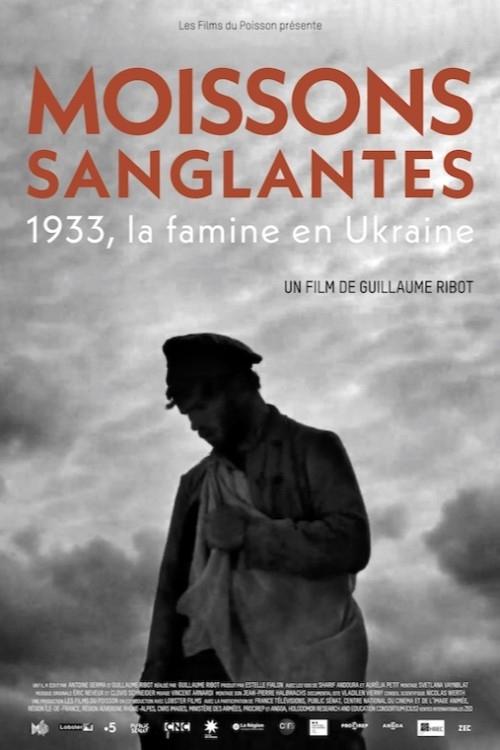
Between 1931 and 1933, 4 million Ukrainians were to die of hunger. This famine was not preceded by any cataclysmic weather event, nor by a war. This was an ideological crime: decided by Stalin and approved by the Politburo, with the aim of punishing Ukrainian peasants who refused the collectivization of the countryside, cultivated a strong form of nationalism and showed resistance to communist ideology. Drawing on previously unpublished material, on many Soviet films and on a number of particular points of view, including that of Welsh journalist and whistleblower Gareth Jones, this film retraces the story of that famine.
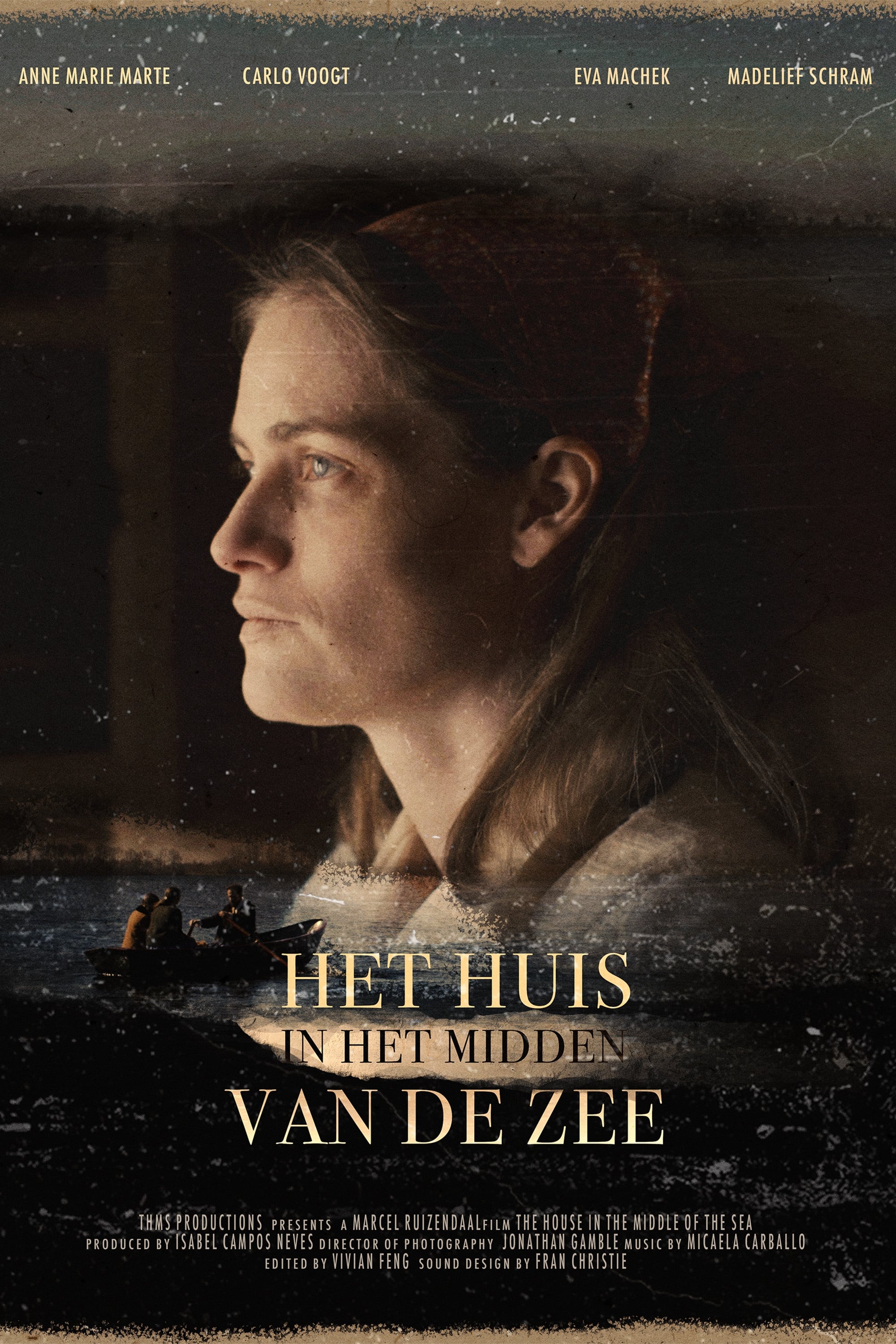
After the Germans flooded large parts of The Netherlands towards the end of WWII, the Brouwer family find themselves trapped in their attic surrounded by water. With their rations dwindling, tensions arise within the household.
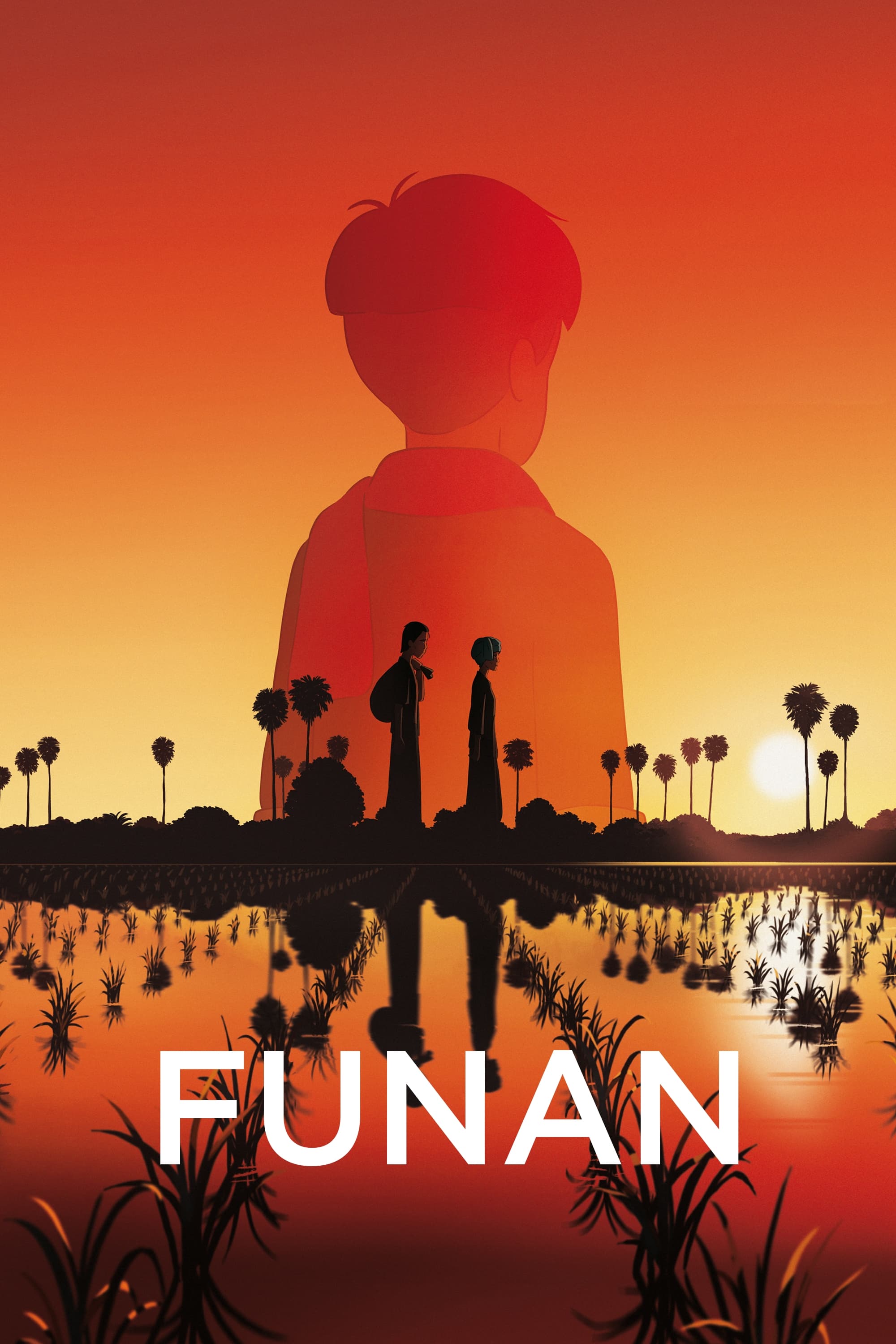
Cambodia, once the ancient kingdom of Funan, April 17th, 1975. The entire country falls under the tyranny of Angkar, the communist party of the Khmer Rouge. The cities are abandoned, the population is thrown to the roads and forced to walk towards an uncertain future…

In 1847, when Ireland is in the grip of the Great Famine that has ravaged the country for two long years, Feeney, a hardened Irish Ranger who has been fighting for the British Army abroad, returns home to reunite with his estranged family, only to discover the cruelest reality, a black land where death reigns.
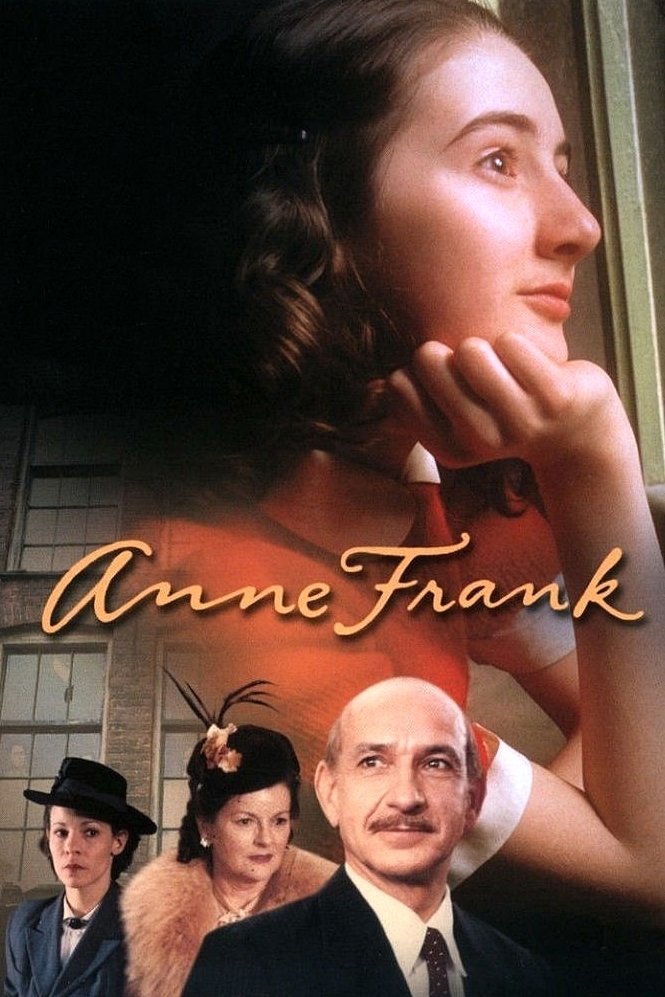
The life of Anne Frank and her family from 1939 to 1945: pre-war fears, invasion of Netherlands by German troops, hiding in Amsterdam, deportation to the camps, return of Anne's father.
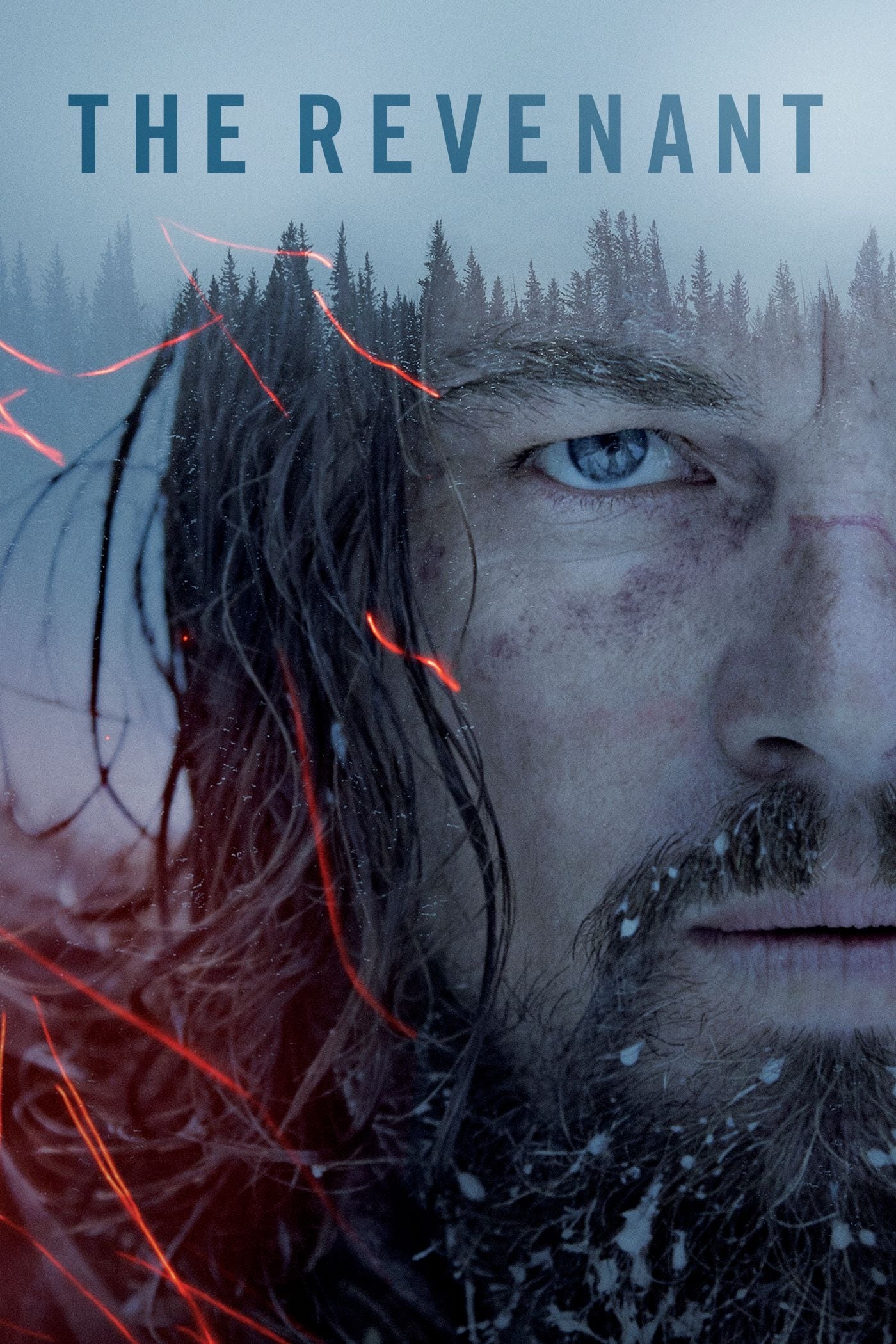
In the 1820s, a frontiersman, Hugh Glass, sets out on a path of vengeance against those who left him for dead after a bear mauling.
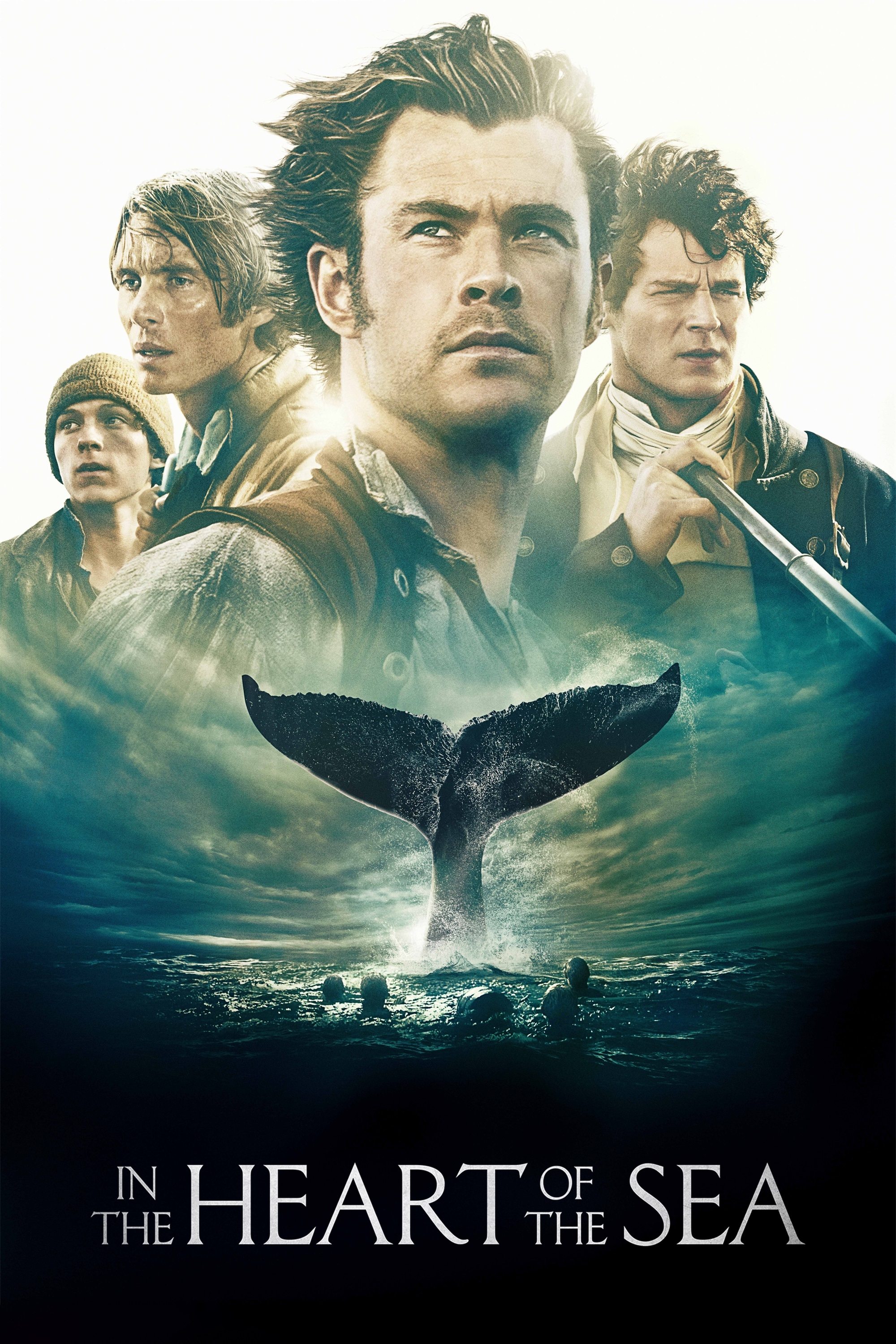
In the winter of 1820, the New England whaling ship Essex is assaulted by something no one could believe—a whale of mammoth size and will, and an almost human sense of vengeance.
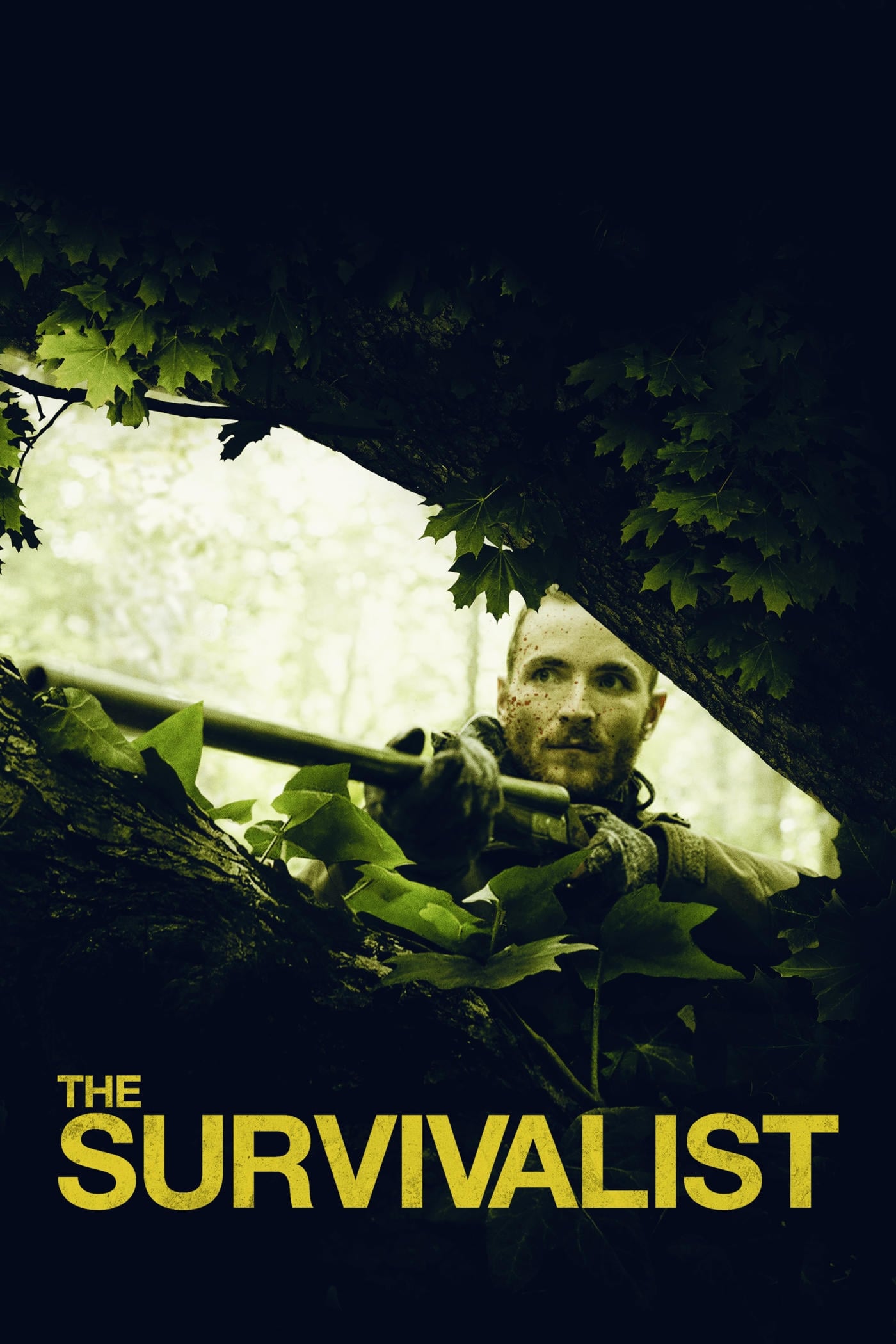
In a time of starvation, a survivalist lives off a small plot of land hidden deep in forest. When two women seeking food and shelter discover his farm, he finds his existence threatened.
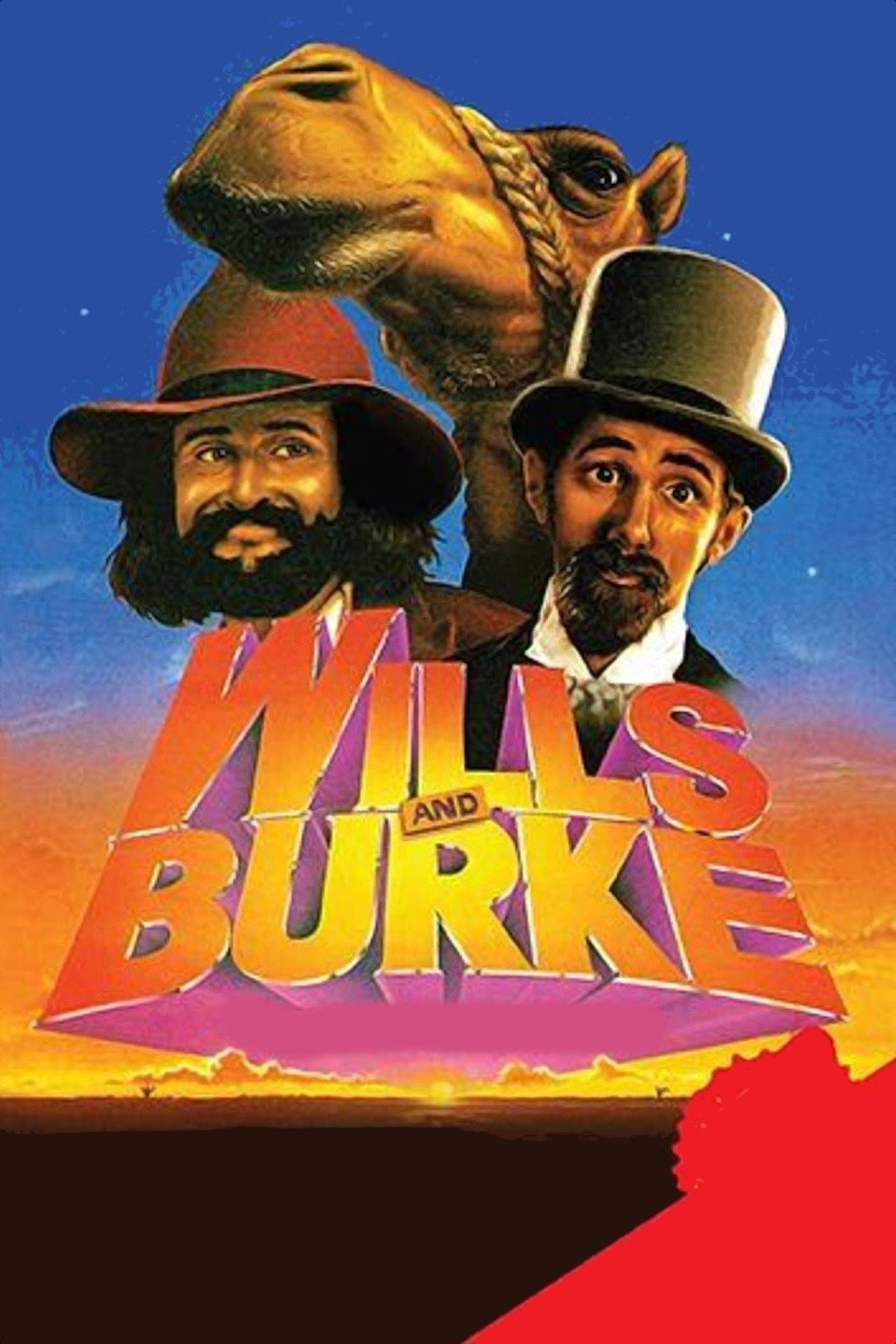
Parody of historical epics that focuses on real-life Australian explorers William John Wills and Robert O'Hara Burkes, who tragically tried to cross the Australian continent from the south, to the north, a distance of 3,250 km.
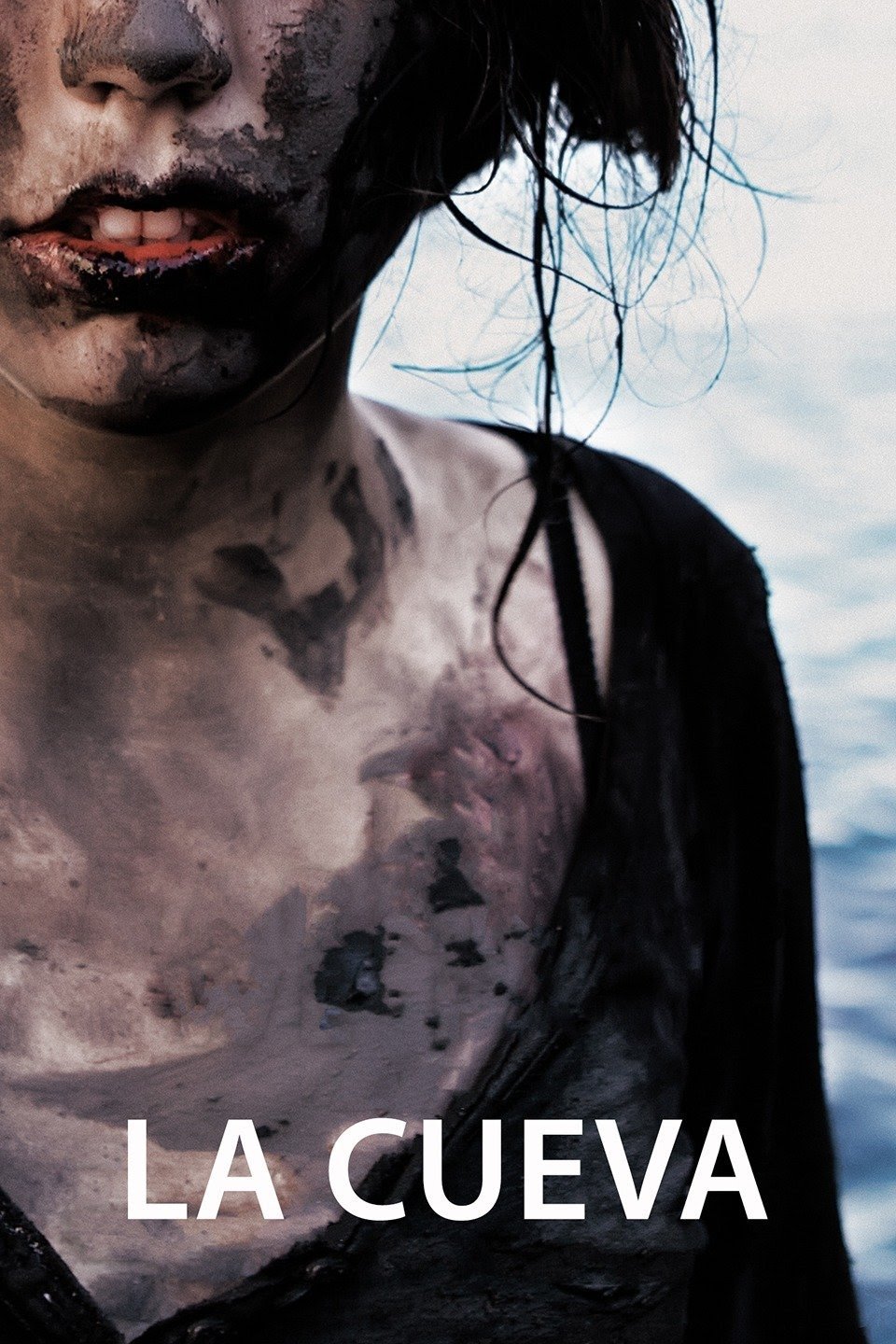
Three boys and two girls go backpacking from the city to a paradisiacal island. There they rent motorcycles, travel around the prettiest and most remote spots, camp out in the woods, on a coastal cliff, get drunk and swim in the sea. The following day they enter a deep, maze-like cave to explore it and get lost inside.
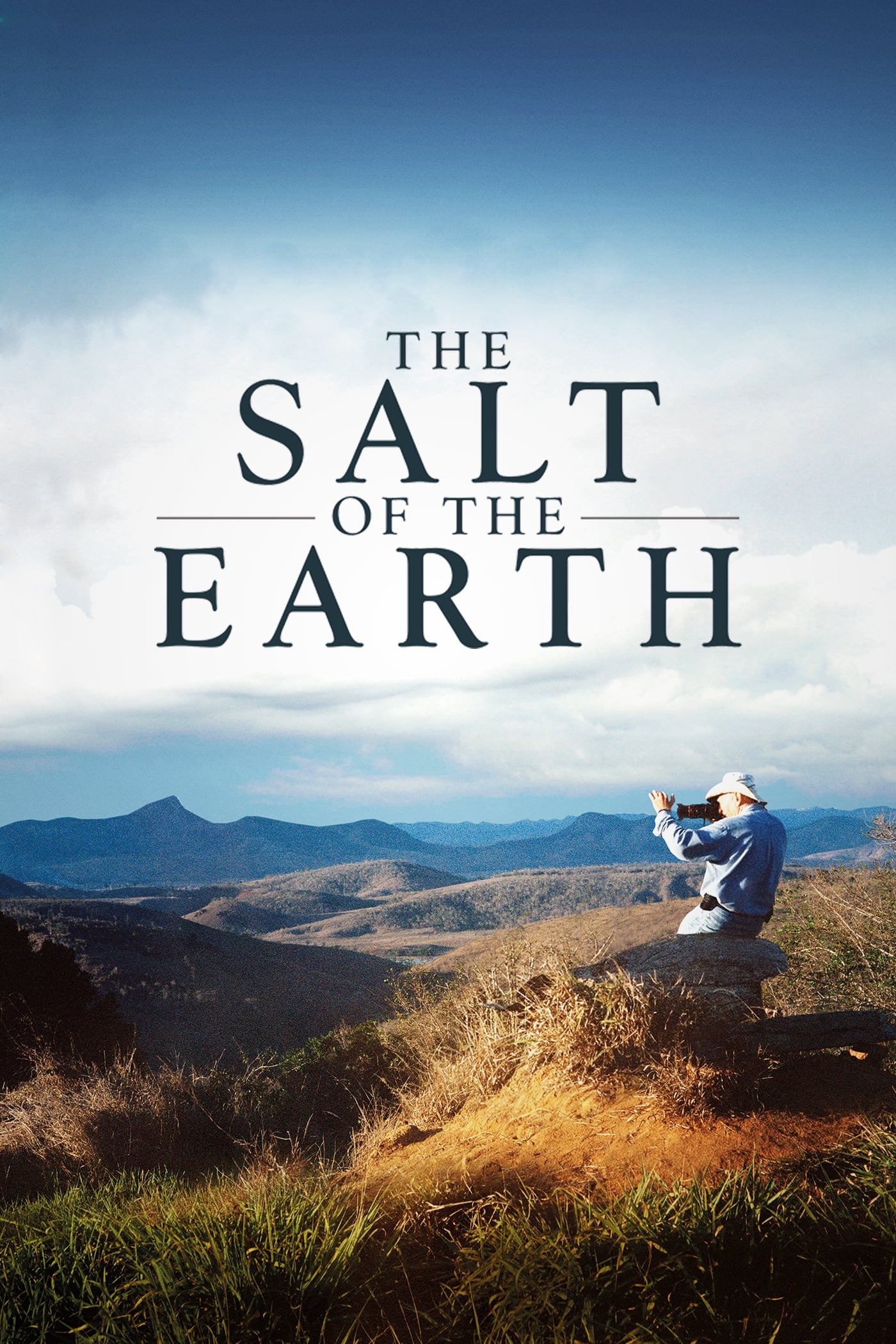
During the last forty years, the photographer Sebastião Salgado has been travelling through the continents, in the footsteps of an ever-changing humanity. He has witnessed the major events of our recent history: international conflicts, starvations and exodus… He is now embarking on the discovery of pristine territories, of the wild fauna and flora, of grandiose landscapes: a huge photographic project which is a tribute to the planet's beauty. Salgado's life and work are revealed to us by his son, Juliano, who went with him during his last journeys, and by Wim Wenders, a photographer himself.
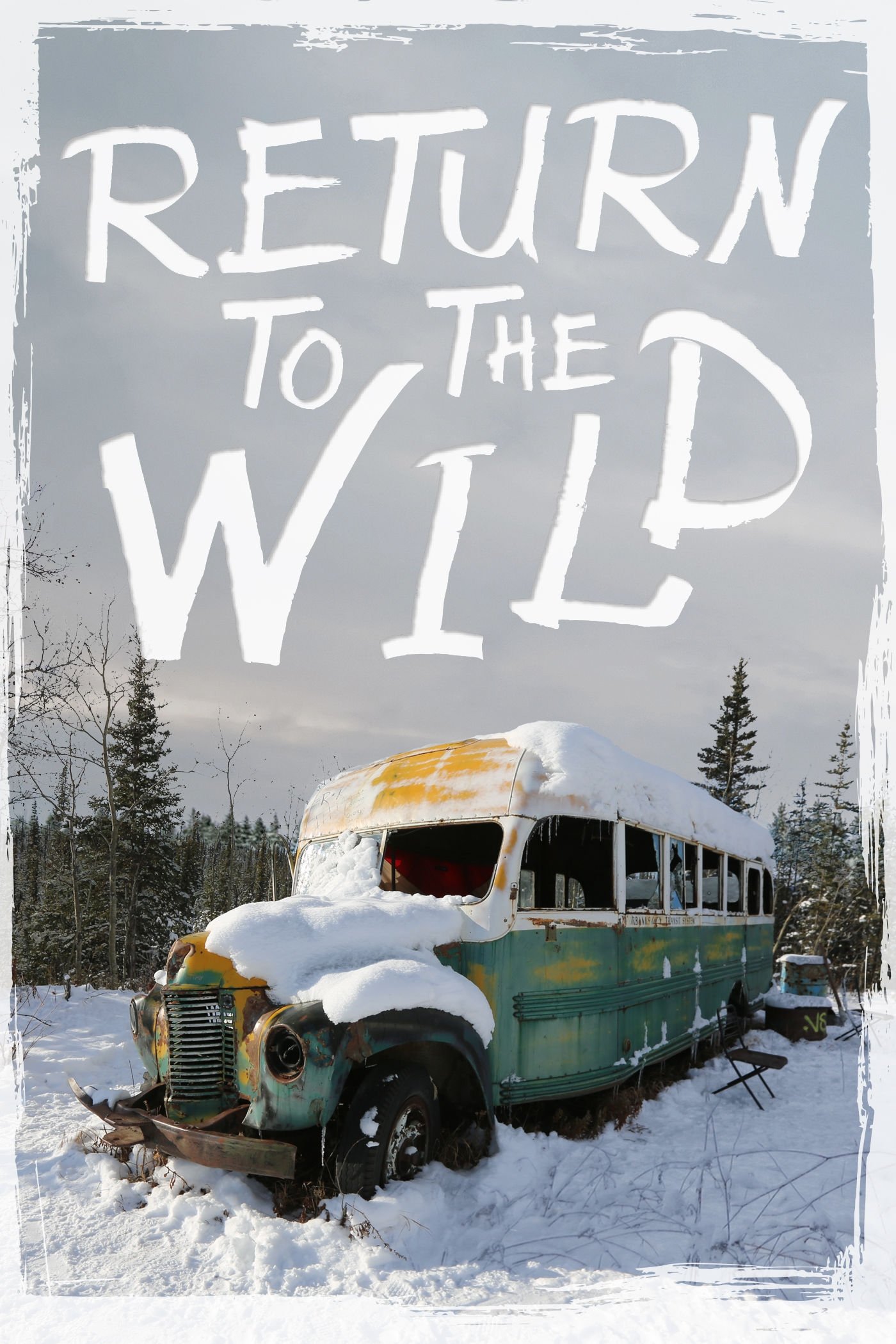
Twenty years ago, a young American hiker named Chris McCandless, the accomplished son of successful middle class parents, was found dead in an abandoned bus in the Alaskan wilderness and became the subject of the best-selling book and movie “Into the Wild.” Now, PBS retraces Chris McCandless’ steps to try to piece together why he severed all ties with his past, burnt or gave away all his money, changed his name and headed into the Denali Wilderness. McCandless' own letters, released for the first time, as well as new and surprising interviews, probe the mystery that still lies at the heart of a story that has become part of the American literary canon and compels so many to this day.
By browsing this website, you accept our cookies policy.